About Us
INTRODUCTION
ESTABLISHMENT
The Centre of Excellence in Molecular Biology (CEMB), University of the Punjab, Lahore, is one of Pakistan’s premier institutes for research, education, and innovation in molecular biology. It was conceived through visionary discussions in 1979 between Prof. Ahmed Iqbal Bukhari of Cold Spring Harbor Laboratories and Prof. Dr. Sheikh Riazuddin. On November 1, 1981, the University of the Punjab officially announced the establishment of CEMB to address Pakistan’s growing need for advanced research in health, agriculture, and biotechnology.

CEMB began its journey in March 1985, with nucleus laboratories set up in two student labs of the Department of Zoology, Quaid-e-Azam Campus. Prof. Khairat Ibne Rasa, then Vice Chancellor of the University of the Punjab, and Prof. Abdul Rauf Shakoori of the Department of Zoology played a fundamental role in establishing the Centre. Moreover, Nobel Laureates and renowned scientists such as J.D. Watson, Richard J. Roberts, Larry Grossman, Tomas Lindahl, and Thomas Friedman helped shape its vision.
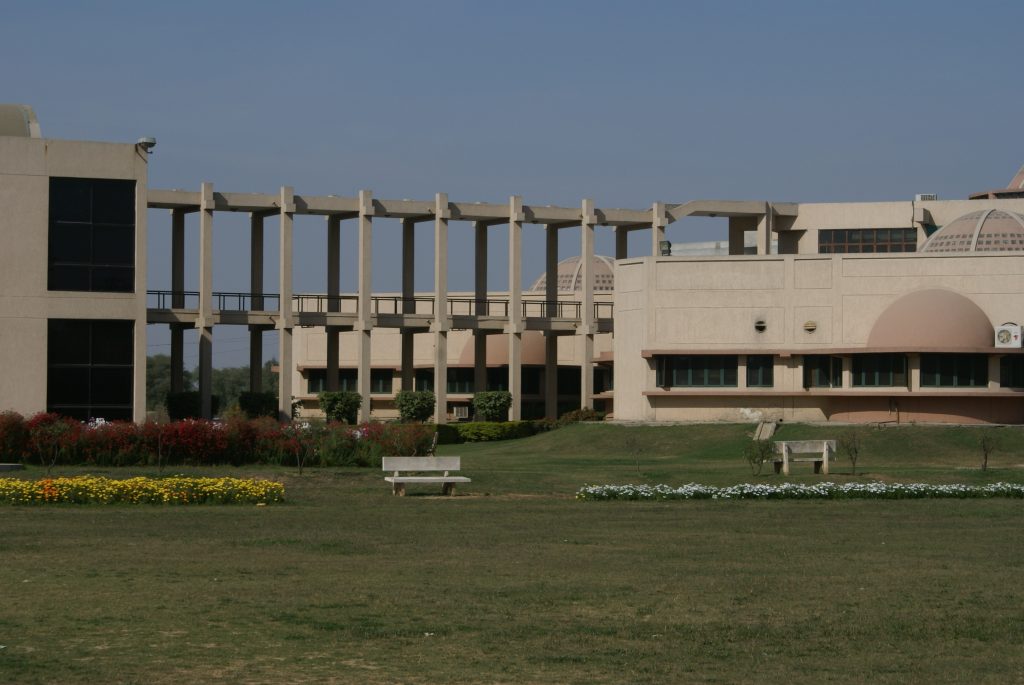
Construction of the dedicated CEMB building began in 1987 at its current location in the southern suburbs of Lahore, near Thokar Niaz Baig. The scientific staff moved into the new premises by 1992–93.
Today, the CEMB campus spans 60 acres and houses state-of-the-art research and teaching facilities, including advanced laboratories, greenhouses, an animal house, a guest house, and hostels.
Today, the CEMB campus spans 60 acres and houses state-of-the-art research and teaching facilities, including advanced laboratories, greenhouses, an animal house, a guest house, and hostels.
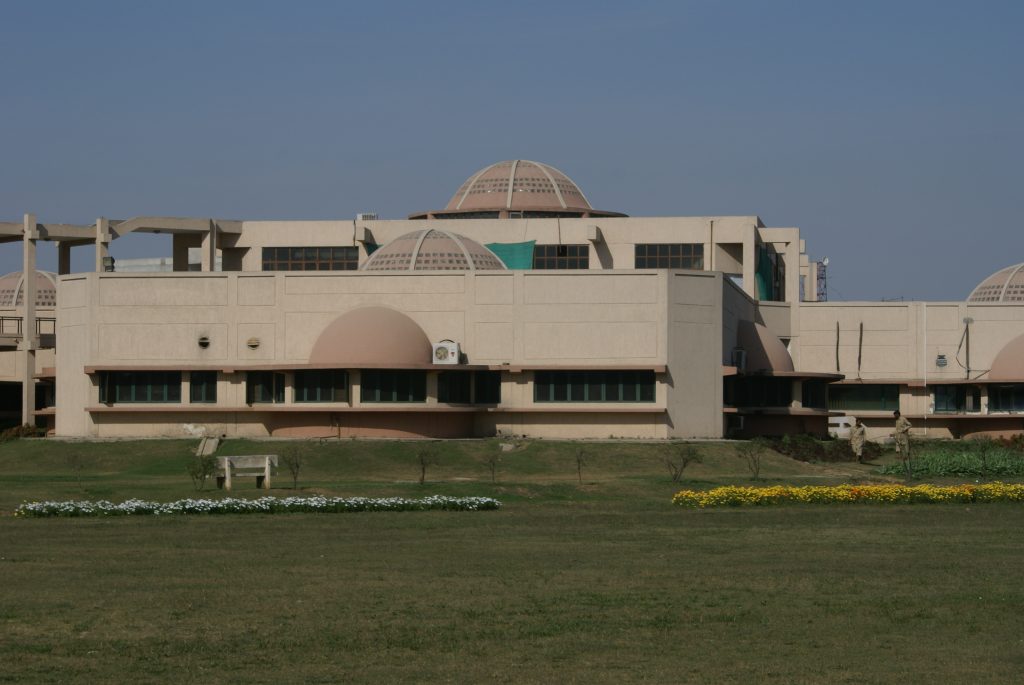
- The Old Laboratory Block includes core labs for agricultural biotechnology, forensic research, virology and infectious diseases, committee rooms, a support facilities unit (with lab aid services for washing, autoclaving, and media preparation), an insectary, plant growth rooms, and storage areas.
- The Teaching Block features a well-stocked library, lecture halls, as well as offices for the Director, Administration, and Accounts sections.
- The Genomics Centre and Stem Cell Centre are equipped with cutting-edge technologies to support advanced research in genetics, genomics, biopharmaceuticals & vaccinology, stem cells & regenerative medicine.
Additional amenities include a mosque, a self-service canteen, a dining hall, guest house, and hostels to facilitate visiting scholars and resident researchers.

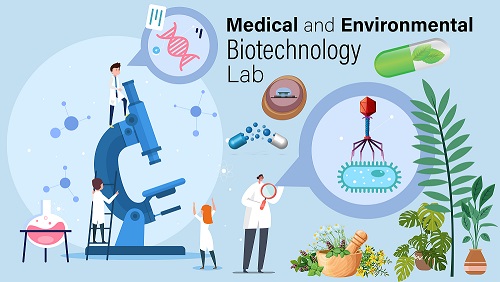


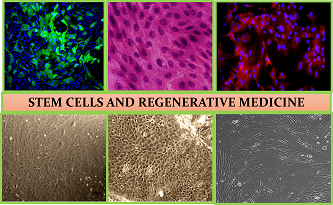
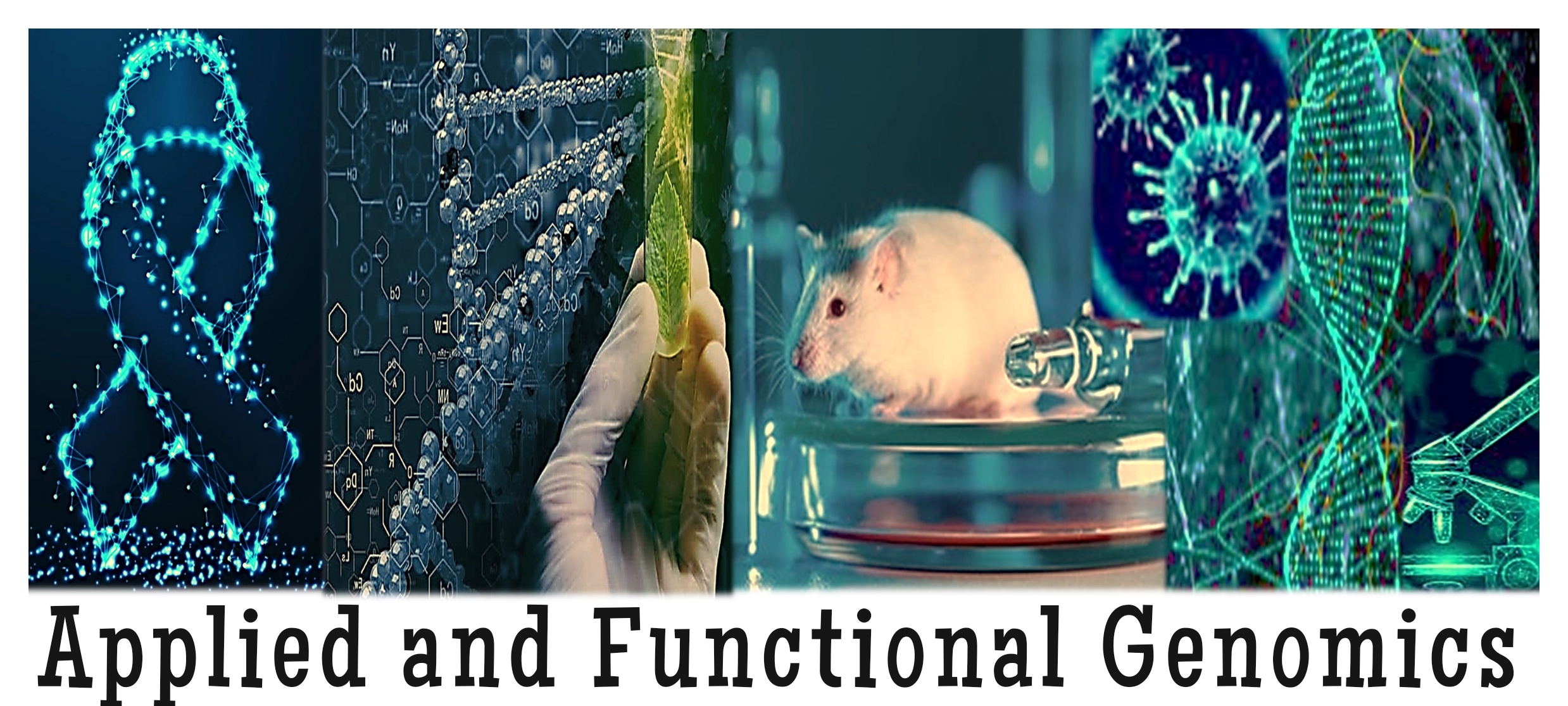
OBJECTIVES
Advance knowledge in human health, crop improvement, and biotechnology by undertaking cutting-edge, mission-driven research
Promote Higher Education and Capacity Building by offering internationally aligned M.Phil. and Ph.D. programs, short-term training courses, and internships
Develop and Commercialize Indigenous Biotechnological Products
such as transgenic cotton, cloned therapeutic proteins, and molecular / genetic diagnostic tests, enhancing national scientific and economic resilience
Foster National and International Collaborations
Provide State-of-the-Art Research Infrastructure and to maintain modern laboratories and research facilities that support excellence in research, education, and product development in molecular biology
